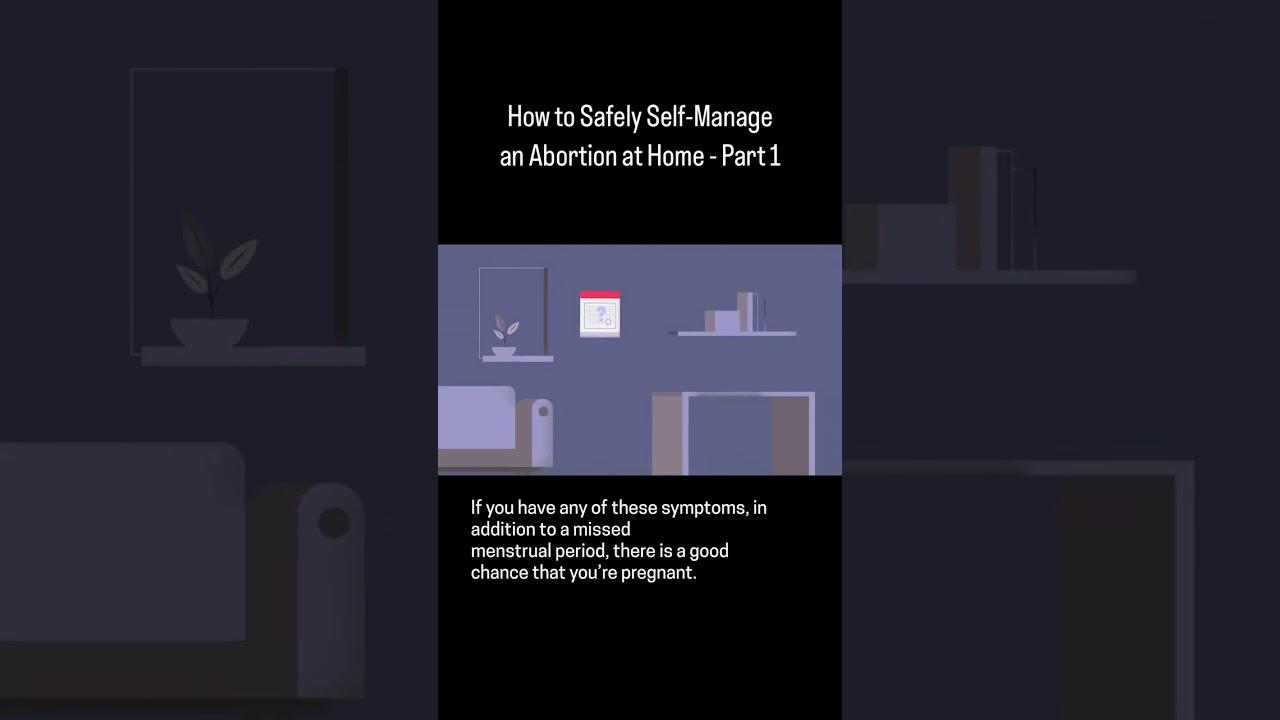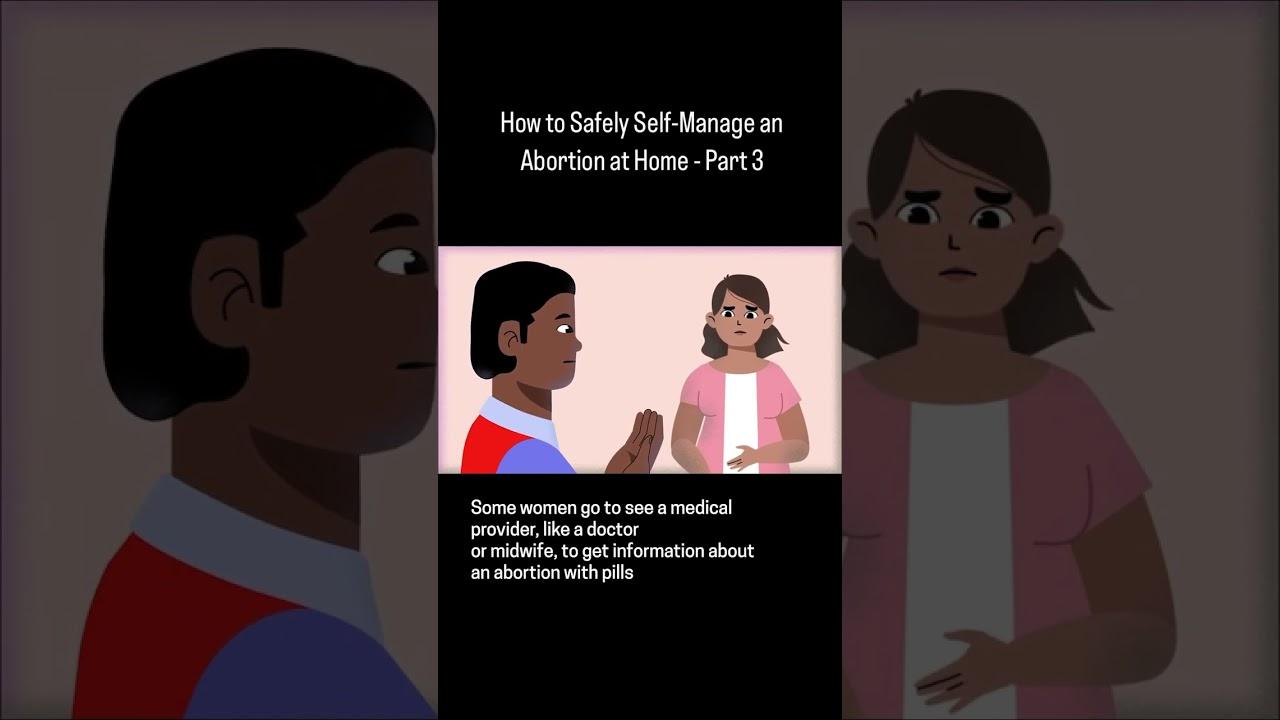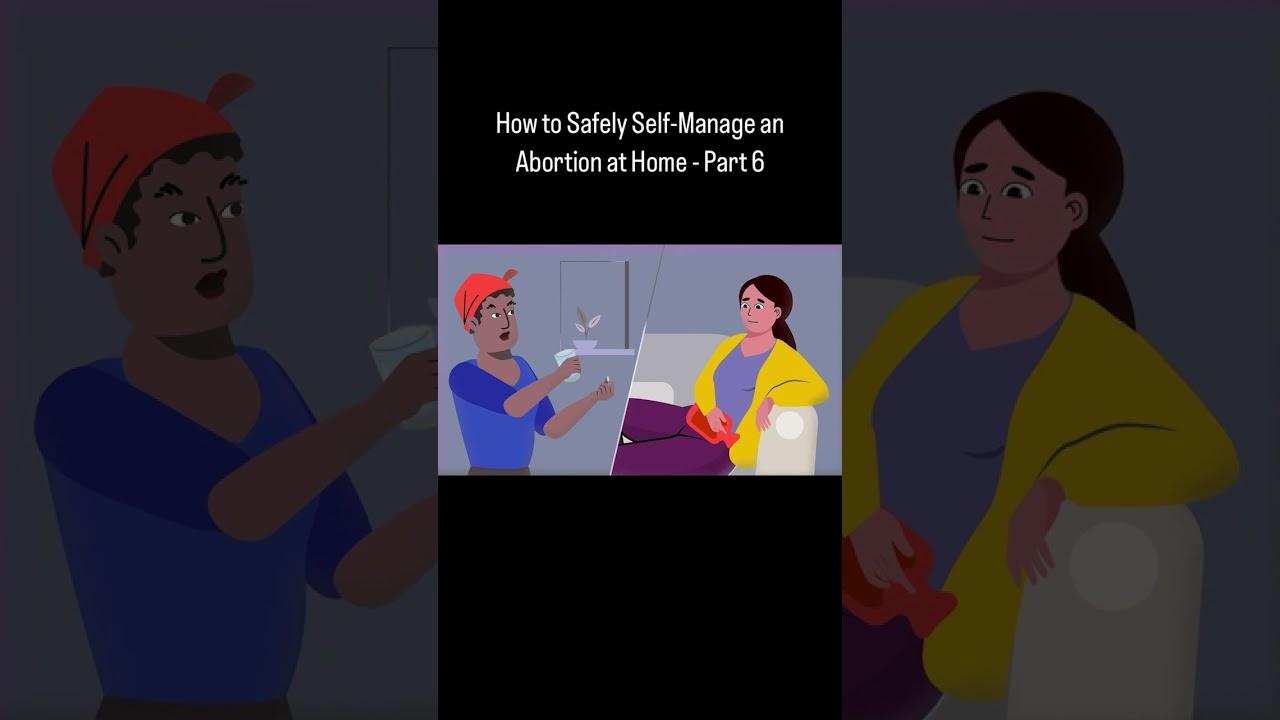Safe abortion care can be provided either with medications or with an outpatient procedure.
Medication abortion, meaning an abortion with pills, involves two drugs: mifepristone and misoprostol. Mifepristone blocks progesterone, one of the main hormones of pregnancy, while misoprostol causes the uterus to contract and push out the pregnancy in a process similar to miscarriage. If mifepristone is not available, then misoprostol alone can also be used to induce an abortion. Misoprostol is widely available around the world since it is also used to treat other complications of pregnancy, including spontaneous miscarriage and postpartum bleeding.
An abortion with pills is over 95% effective and is extremely safe, with less than a 1% chance of severe complications. The risk of death from a safe abortion is lower than from an injection of penicillin or from carrying a pregnancy to term. An abortion with pills is so safe that most of the time, women and other pregnant people can take the medications at home without routine follow-up—they need to seek care only if they have a question or problem. Abortion does not cause infertility, mental health problems, or problems with future pregnancies.
Providing or supporting an abortion with pills doesn’t require any special technology or medical interventions. According to the WHO, routine blood tests, ultrasound, and follow-up are unnecessary; a safe abortion with pills requires only accurate information, quality medications, and mutual respect and trust. Because of this, medication abortion has expanded access to safe abortion care for millions of people around the world—especially in low-resource and crisis settings.
Manual vacuum aspiration (MVA) is a simple outpatient procedure that involves inserting a narrow plastic tube into the uterus and safely removing the pregnancy using suction. MVA can be performed by many different kinds of health care workers (including doctors, nurses, and midwives) and in basic health care centers (without surgical services) until 14 weeks of pregnancy. It can also be used to treat abortion-related complications such as incomplete abortion.






























